Premium Only Content
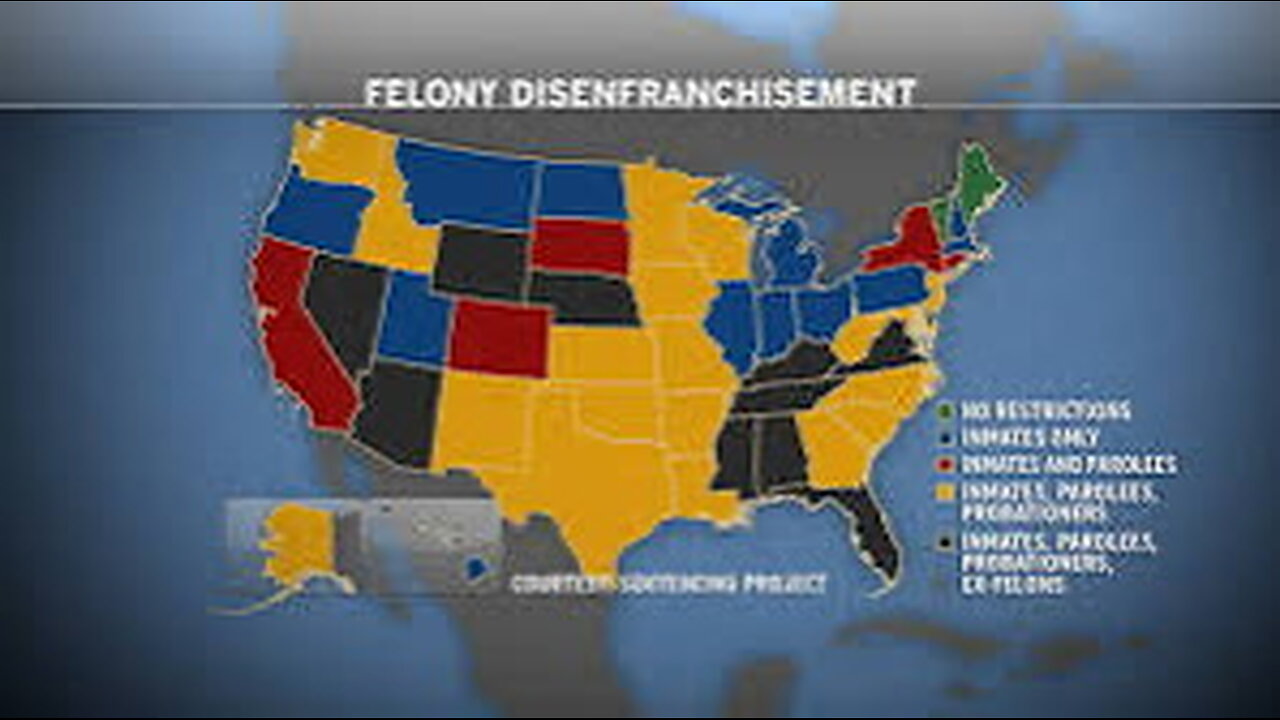
DAC- Unconstitutional Voting Restrictions: Disenfranchising Black Americans
In this thought-provoking video, we delve into the complex and contentious issue of unconstitutional voting restrictions, particularly as they pertain to disenfranchising Black Americans across the United States. With a comprehensive analysis of the legal landscape and the socio-political ramifications, we aim to shed light on the systemic barriers that hinder democratic participation and perpetuate inequality within our communities.
At the heart of the matter lies the stark reality that in all but two states, citizens convicted of a felony face some form of restriction on their right to vote. This disparity in voting rights restoration policies has profound implications for the Black community, as we are disproportionately represented in the criminal justice system. As a result, a significant number of Black individuals find themselves disenfranchised, unable to exercise their fundamental right to participate in the democratic process.
We begin by examining the varying degrees of voting rights restoration across different states. In states like Maine and Vermont, voting rights are retained even while incarcerated for a felony conviction, reflecting a more progressive approach to criminal justice reform. However, in the majority of states, the picture is far less promising. Many states only restore voting rights automatically upon release from prison, while others require completion of parole or probation, further prolonging the disenfranchisement of formerly incarcerated individuals.
What's particularly alarming is the fact that these restrictions disproportionately impact Black Americans. Despite making up a smaller percentage of the overall population, Black individuals are overrepresented in the prison system, exacerbating the impact of these policies on our community. This systemic disenfranchisement not only undermines the principles of equality and justice but also perpetuates cycles of marginalization and exclusion.
Moreover, these restrictions are fundamentally unconstitutional. The 14th Amendment of the U.S. Constitution guarantees equal protection under the law, yet denying individuals the right to vote based on their criminal record constitutes a clear violation of this fundamental principle. By perpetuating the disenfranchisement of Black Americans, these laws not only undermine our democracy but also perpetuate systemic injustices that have plagued our society for far too long.
But amidst the challenges, there is hope. Through education, advocacy, and grassroots mobilization, we have the power to effect change and dismantle these unjust voting restrictions. By raising awareness about the issue, engaging in meaningful dialogue, and advocating for legislative reforms, we can work towards a future where every voice is heard and every vote counts.
In conclusion, "Unconstitutional Voting Restrictions: Disenfranchising Black Americans" serves as a call to action—a call to challenge the status quo, demand accountability, and fight for the rights of our community. Together, let's stand united in the pursuit of justice, equality, and democracy for all.
-
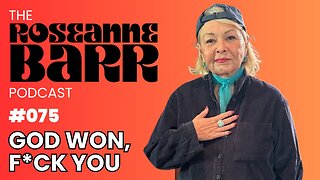 1:42:43
1:42:43
Roseanne Barr
4 hours ago $7.67 earnedGod Won, F*ck You | The Roseanne Barr Podcast #75
60K84 -
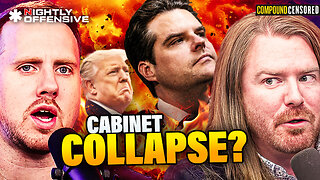
Slightly Offensive
6 hours ago $1.67 earnedDEEP STATE WINS?! Matt Gaetz OUSTED as AG & Russia ESCALATES War | Guest: The Lectern Guy
27K6 -
 LIVE
LIVE
Precision Rifle Network
5 hours agoS3E8 Guns & Grub - the craziness continues
428 watching -
 41:37
41:37
Kimberly Guilfoyle
7 hours agoPresident Trump Making all the Right Moves,Live with Border Union Chief Paul Perez & Lawyer Steve Baric | Ep. 176
94.1K23 -
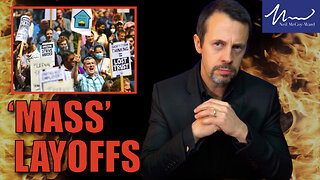 19:38
19:38
Neil McCoy-Ward
10 hours agoMASS LAYOFFS Have Started... (How To Protect Your Income)
13.8K6 -
 46:21
46:21
PMG
22 hours ago $0.10 earned"Venezuelan Gang in 16 States, Animal Testing Crackdown, & Trump’s Nominee Battle"
6.97K7 -
 LIVE
LIVE
VOPUSARADIO
9 hours agoPOLITI-SHOCK! WW3!?, BREAKDOWN OF THE WORLD EVENTS & R.A.G.E. (What it means & What's next!)
136 watching -
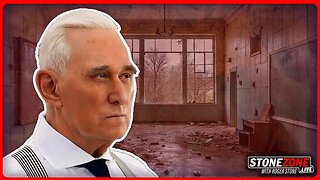 1:00:10
1:00:10
The StoneZONE with Roger Stone
6 hours agoWhy Democrats Hold Poor Children Hostage in Failing Schools | The StoneZONE w/ Roger Stone
42.6K5 -
 LIVE
LIVE
Tundra Gaming Live
6 hours ago $0.12 earnedThe Worlds Okayest War Thunder Stream//Air Force Vet Flys Jets
201 watching -
 2:00:54
2:00:54
Redacted News
7 hours agoBREAKING! Putin just SHOCKED the world, launches nuclear capable warheads "NATO can't stop it"
179K503